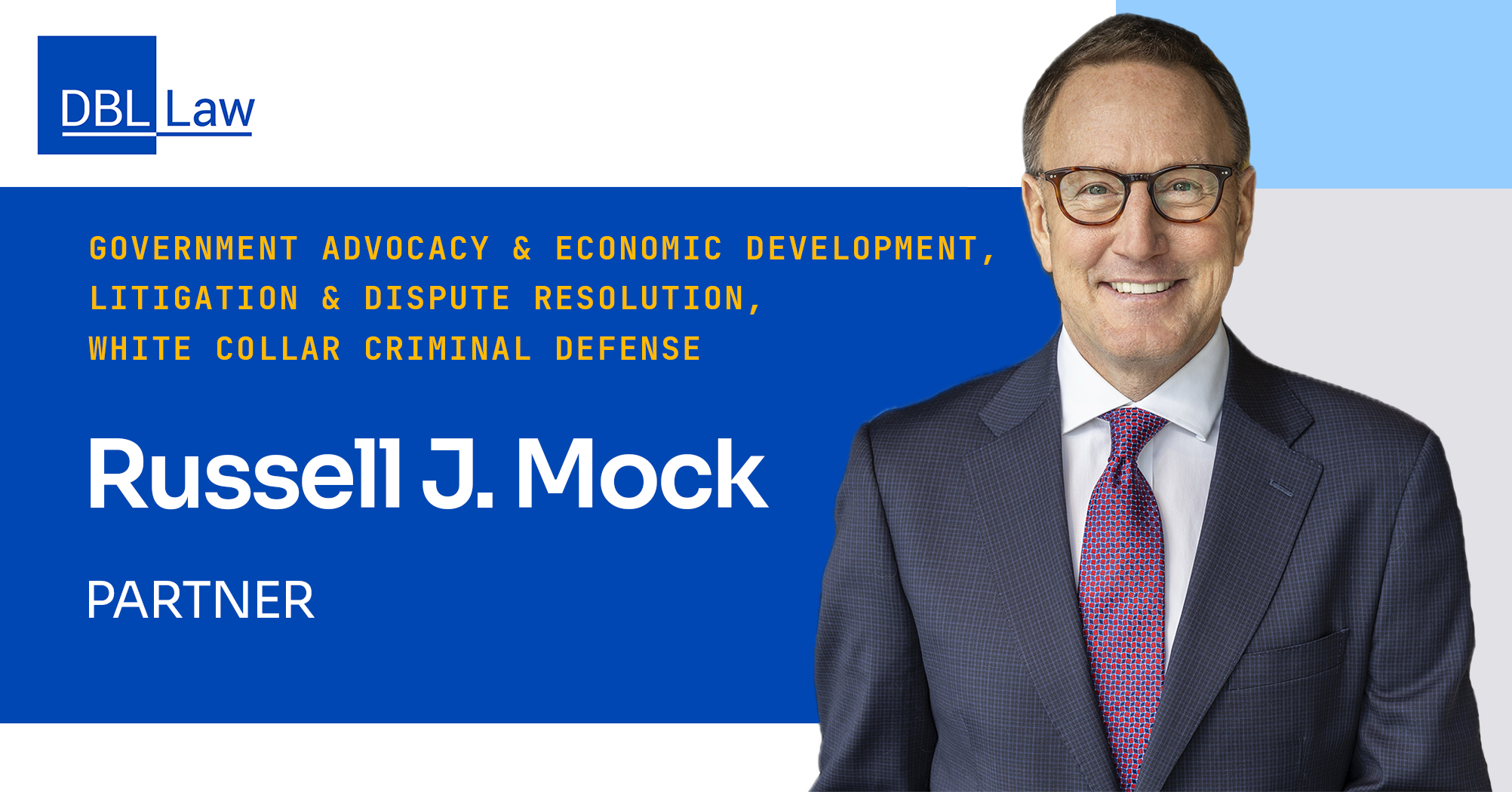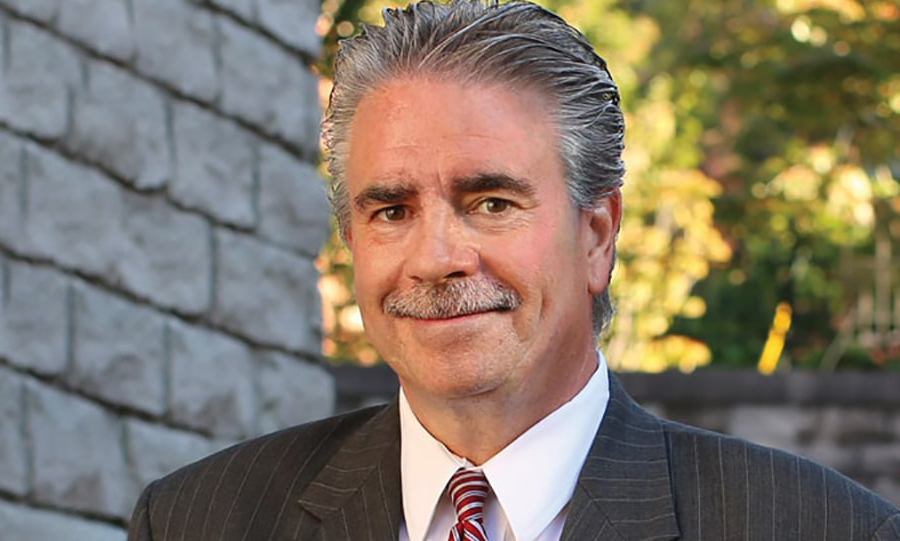The Treasury Department recently released a second round of proposed regulations clarifying certain requirements for investments in Qualified Opportunity Funds (QOFs). The proposed regulations are designed to encourage development in economically distressed communities and provide flexibility and certainty for investors and funds that invest in Qualified Opportunity Zones (QOZs).
QOFs are designed to spark development in cities and rural areas that are economically distressed by encouraging long-term investments though significant tax breaks. The proposed regulations are intended to make it easier for investors to take advantage of these tax breaks and to clear up some of the lingering confusion that may be holding investors back.
Here are a few key updates:
- Gross Income Test. The proposed regulations provide certain safe harbors for purposes of the requirement that 50% of the gross income of a QOZ Business must be derived from the active conduct of a trade or business in a QOZ.
- At least 50% of the services performed by employees or independent contractors (based on hours) are performed in the QOZ;
- At least 50% of the amounts paid for services are for services performed by employees or independent contractors in the QOZ;
- The tangible property and management and operational functions of the QOZ Business are located in a QOZ.
The regulations also provide a facts and circumstances test for QOZ Businesses that do not fall within the above safe harbors.
- Timing. The proposed regulations give a QOF a period of 6 months to deploy investor capital without running afoul of the 90% asset test. Specifically, the regulations provide that at each testing date a QOF does not take into account any investments received within the last 6 months, provided that those funds are invested in cash, cash equivalents or debt instruments with a term of 18 months of less.
- Interim Gains. A QOF does not fail to satisfy the 90% asset test when it sells QOZ business property and reinvests the proceeds in qualified property within 12 months. The sale of such property does not affect the holding period of an investor in the QOF. However, the IRS does not believe it has the authority to exempt these interim gains from tax, so investors should expect to pay tax on those gains.
- Working Capital Safe Harbor. The 31 month safe harbor period to substantially improve real property also applies to the acquisition, construction and substantial improvement of tangible property.
- Inheritance. Interests in QOFs received through inheritance or other transfers upon death retain the tax benefits of the statute.
- Carried Interests. Interests in a QOF received in exchange for services do not qualify for the tax benefits of the statute.




